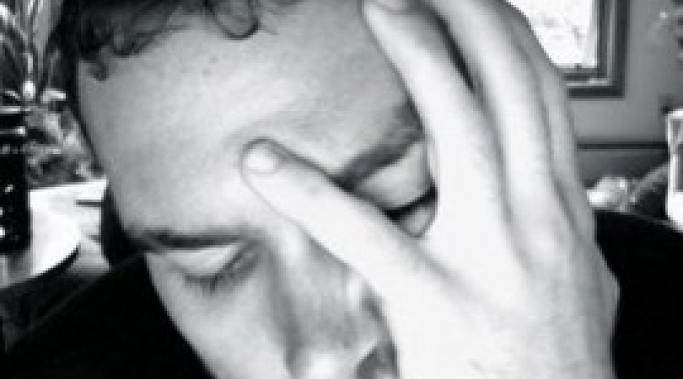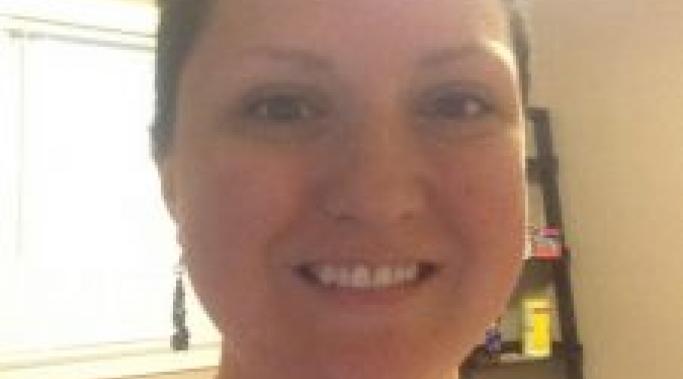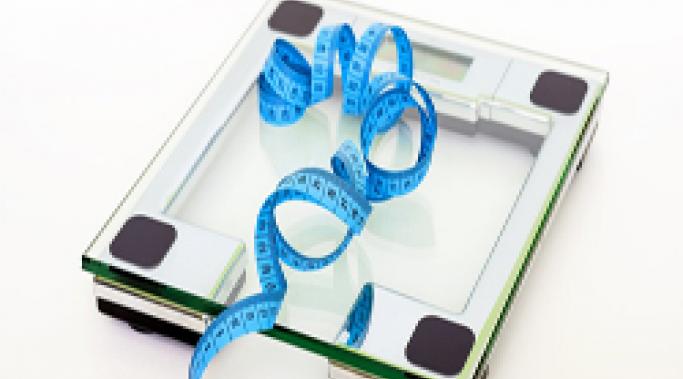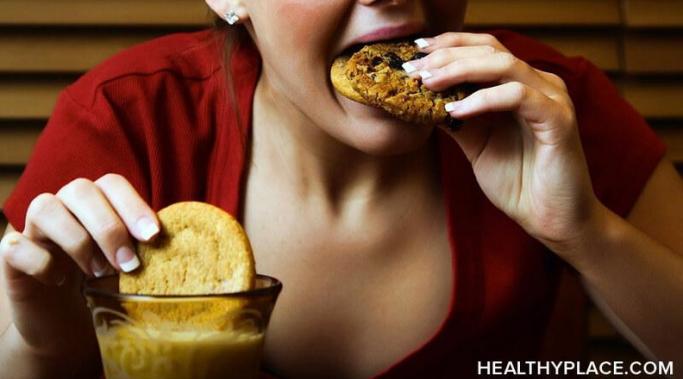Binge eating disorder is a personal illness and binge eating disorder recovery is an equally personal journey. Each person with binge eating disorder will find his or her own way to cope with the triggers and stressors that accompany this disease (Mental Health Recovery: Avoiding Triggers!). When you have binge eating disorder it's important to remember that it's a personal journey and your path doesn't have to look like everyone else's.
Binge Eating Recovery
It's a common joke that people, particularly women, who go to college gain 15 pounds their first year (or semester, depending on who you're listening to), but when you have binge eating disorder and you go to college, the weight changes you could experience are nothing to joke about (Make Time For Binge Eating Disorder In College). Nothing is quite like the stress of college. When stress triggers your binge eating disorder at college, binges and weight gain can collide.
Spring holidays are upon us, so here are some survival tips for those with binge eating disorder during the holidays. I have gathered these tips from my personal experience and also from friends and associates with with eating disorders. It's important to remember, that you know best what will work with your specific situation. Check out these survival tips for binge eating disorder during the holidays for suggestions that might work for you.
Spring holidays are coming up fast and when you have binge eating disorder (BED), it can be a difficult time to survive. Parties and social gatherings can trigger your binge eating disorder, relatives and friends can play any variety of roles, including food police and concern troll, and beyond all of that, there's seasonal foods that can lead to overeating or binging. Here are some tips on surviving the spring holidays with binge eating disorder.
Recent studies have revealed that people with eating disorders often engage in self-harm.1 Self-harm is defined as non-lethal harm done to the self. It can include minor burns, cutting the skin, or even knowingly engaging in the symptoms of the eating disorder. People with binge eating disorder might engage in self-harm.
There are plenty of people who don't understand binge eating disorder (BED). Whether their misunderstanding is due to social and cultural conditioning or outright refusal to acknowledge information set in front of them, it can be difficult to navigate social situations with BED (Surviving Mental Illness Stigma in A Judgmental World). It's important to remember that it's not your job to educate anyone and sometimes, no matter what you do, people are not going to understand binge eating disorder.
After years of dealing with binge eating disorder my body image became damaged, but taking selfies helped my damaged body image. After believing my body was unacceptable and my eating was the direct cause of its shape and form, I had started a long campaign of self-hatred directed at my body. Now, I look at my body as capable of more than imperfection and taking selfies helped me with my body image journey.
When you have an eating disorder which can make you gain weight, a lot of people assume weight los is the answer to binge eating disorder (BED). As if you reach your goal weight and then you're in recovery. However, it's not that simple. Weight loss isn't the answer to binge eating disorder.
When you're first told you have binge eating disorder it can be very scary, but getting your binge eating diagnosis can be a good thing. Once you're diagnosed you can get help and support for your disorder. It also affirms that the way you eat and the feelings you get from eating are not average and you don't have to continue to suffer. A binge eating diagnosis is not the ending of your story. It's just the beginning and a binge eating disorder diagnosis can be a good thing.
When binge eating is your coping mechanism, suffering trauma can trigger devastating binges. Although the conclusion to binge eat following upsetting events might follow naturally to someone who suffers from binge eating disorder, this is not a viable coping skill and will only lead to more problems.









